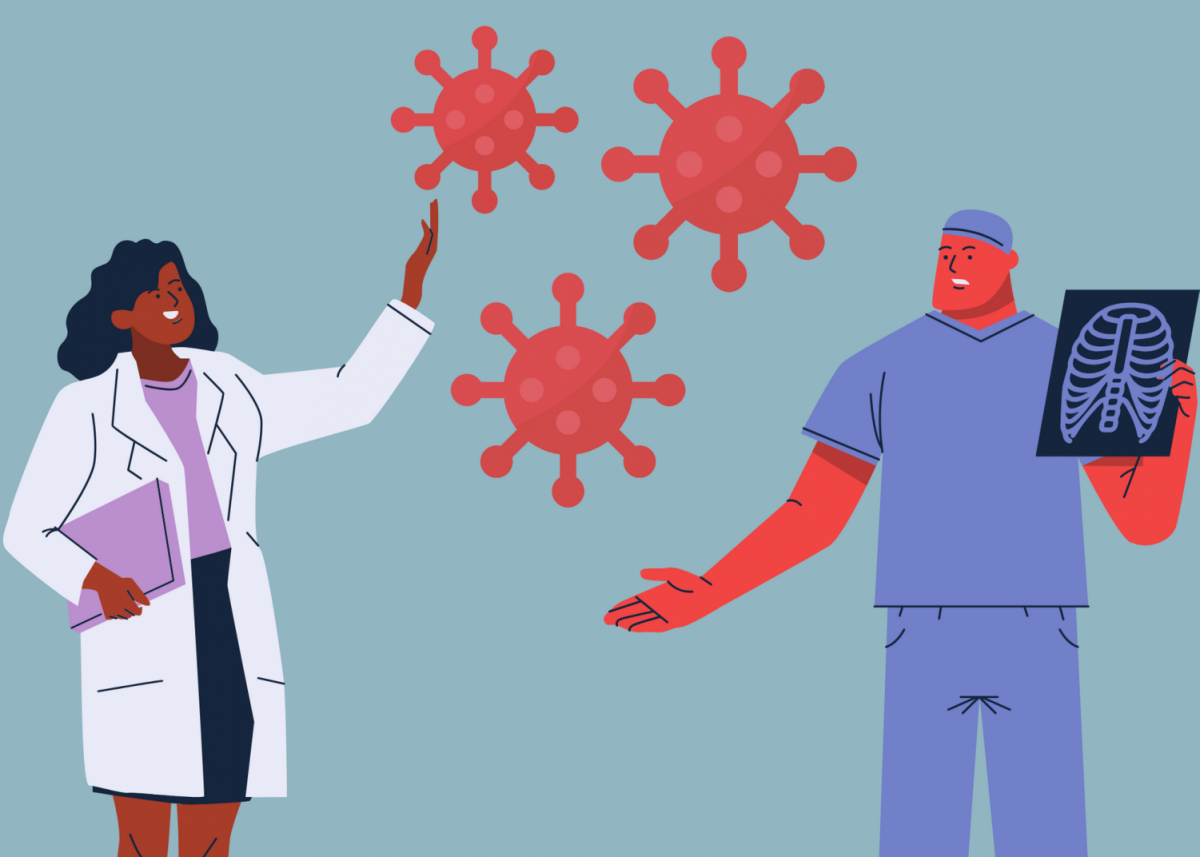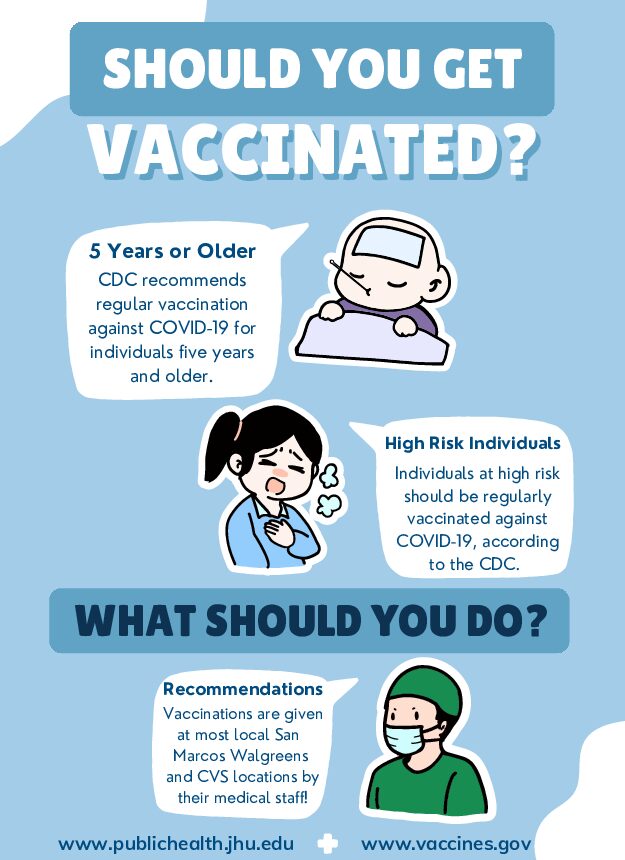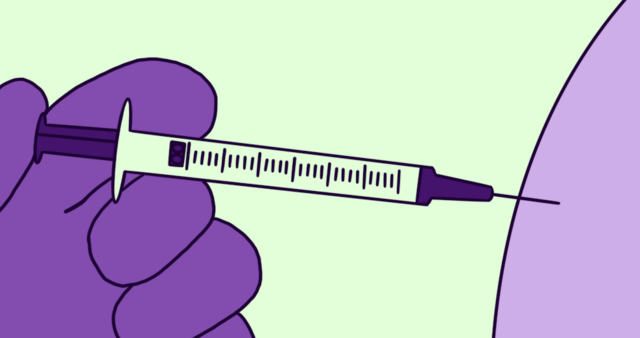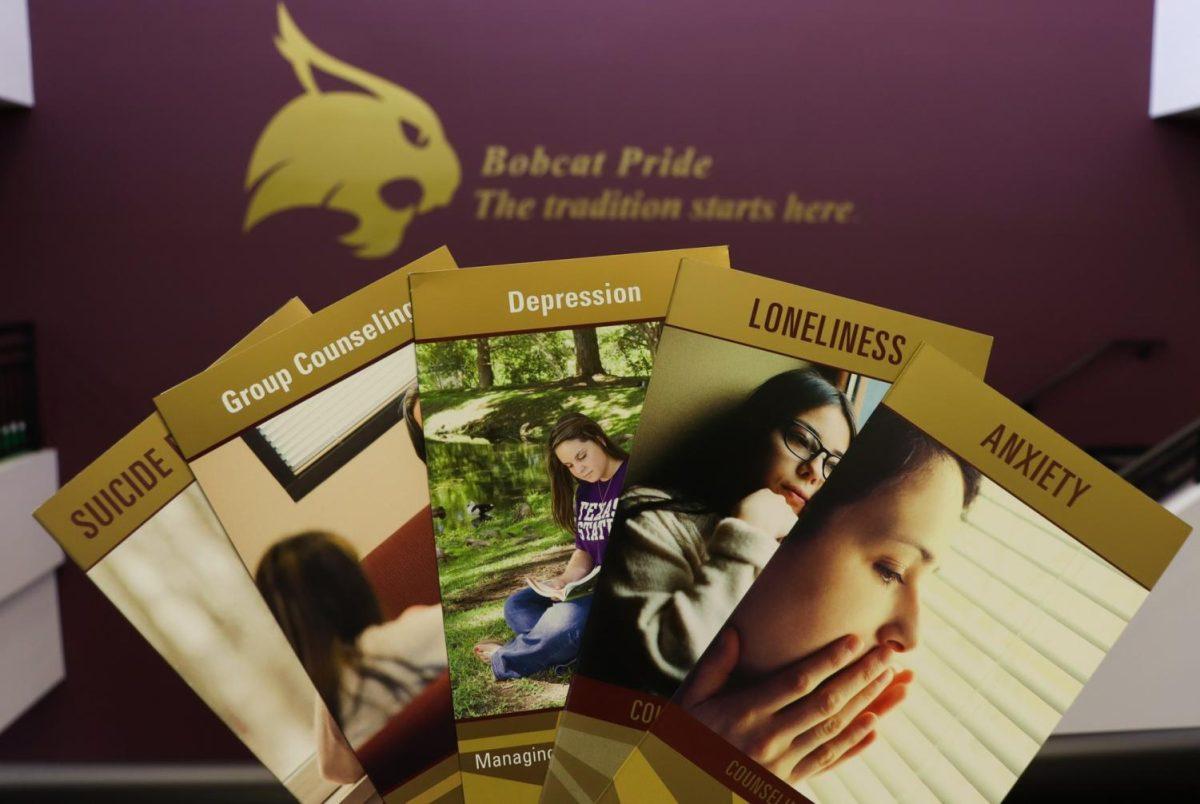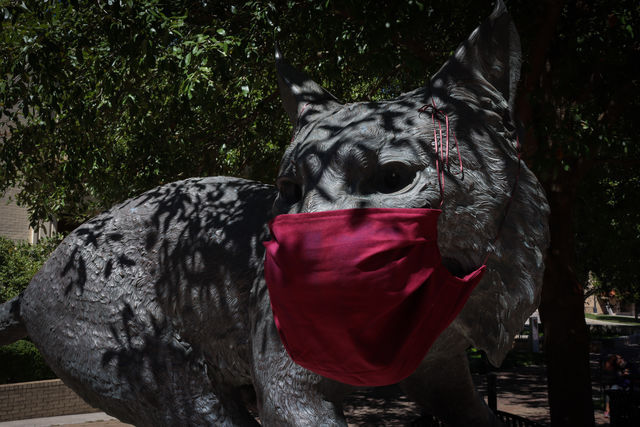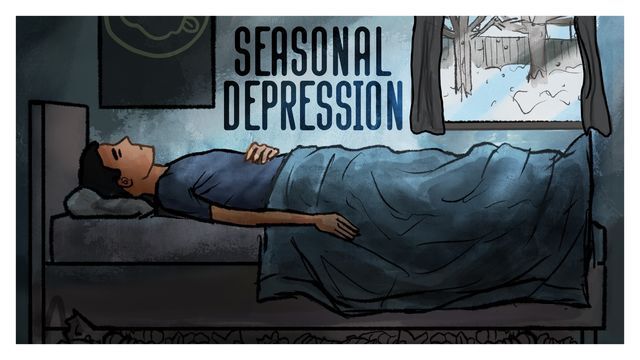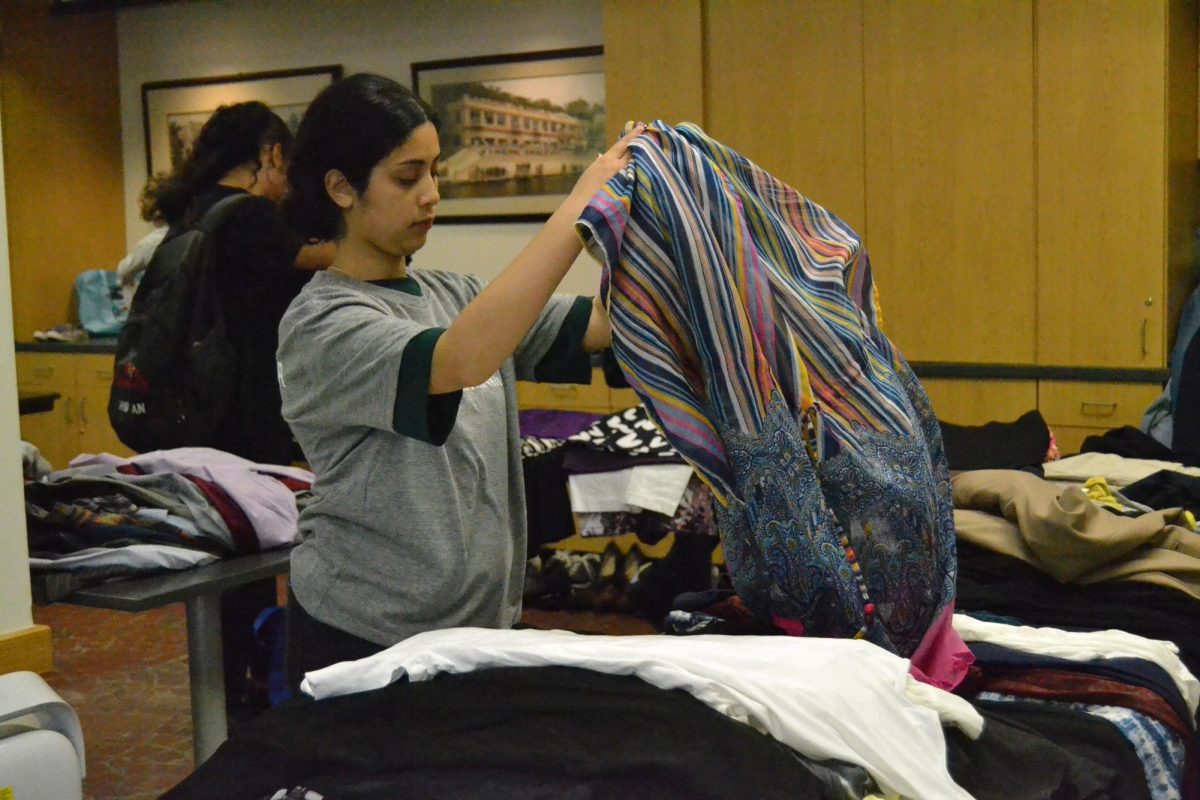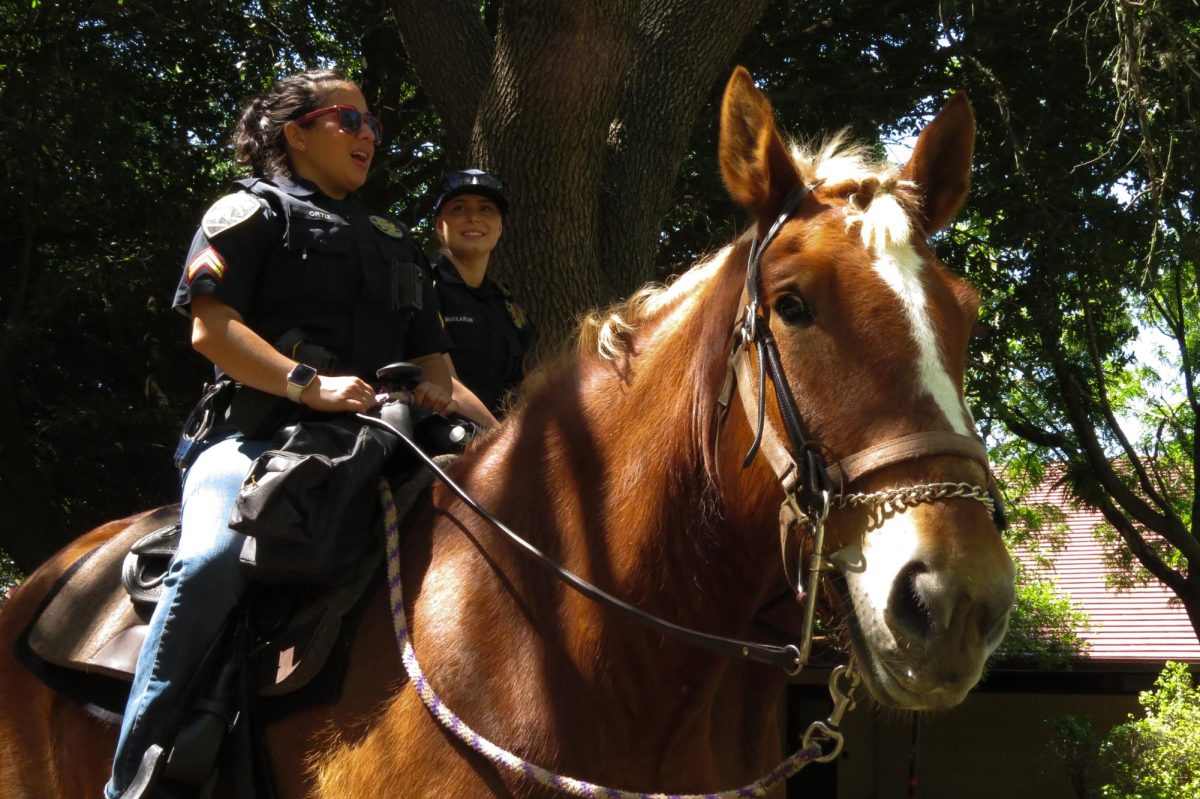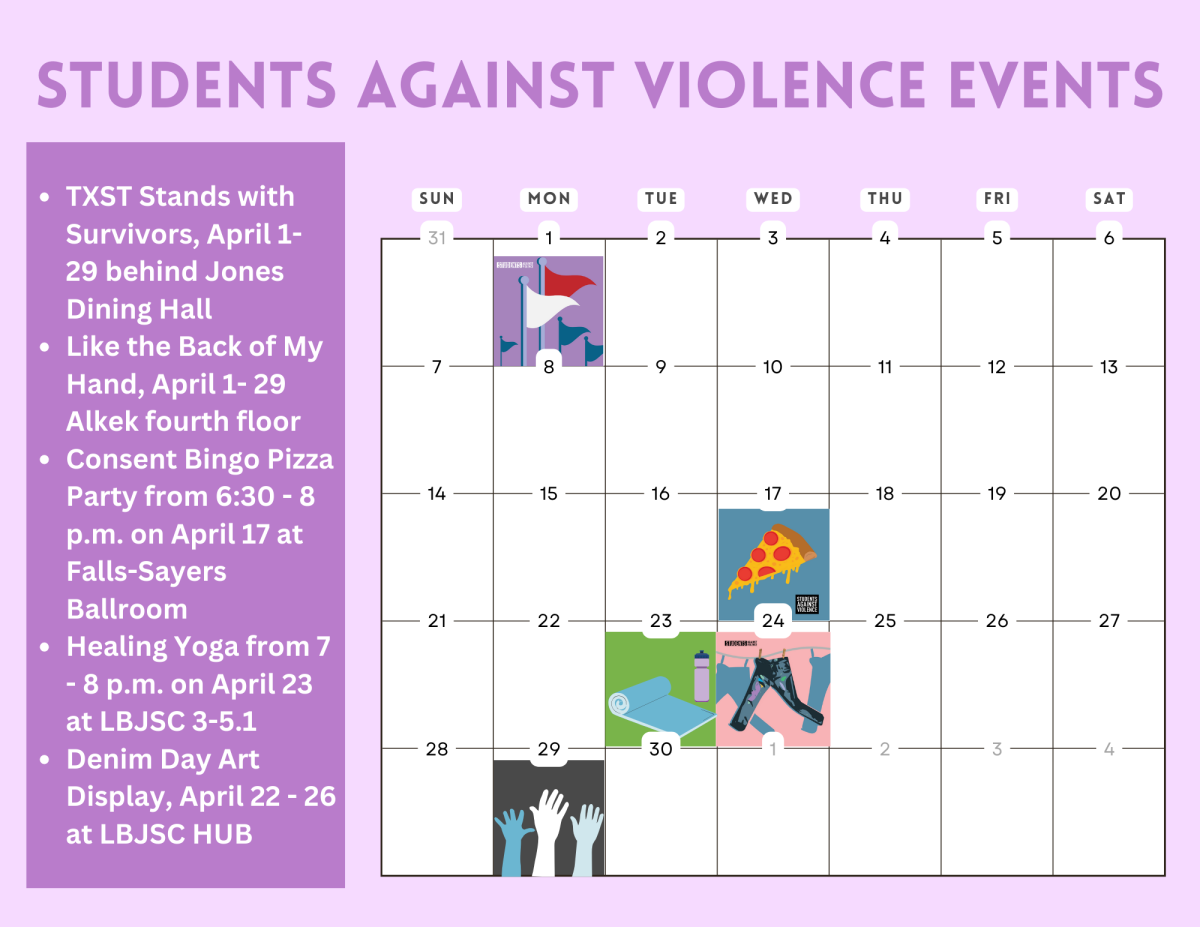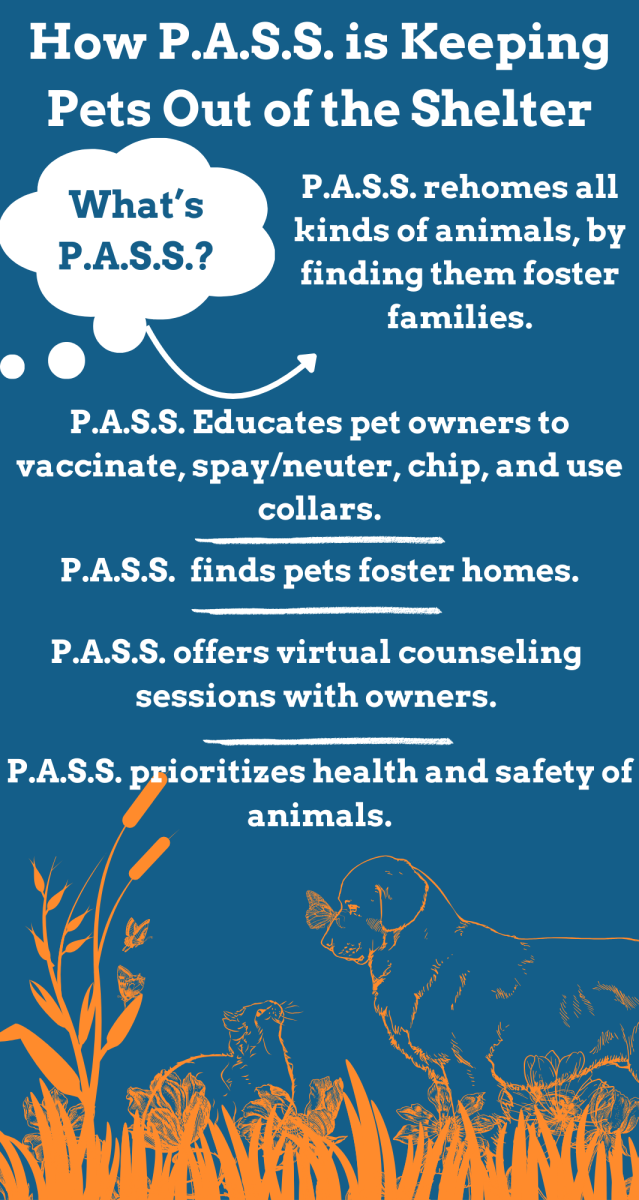In the wake of the coronavirus pandemic, nurses have faced immeasurable stress and pressure with the overwhelming amount of patients and lack of protective gear. Nursing students and healthcare professionals alike are embarking on a new journey through a field that will forever be affected by COVID-19.
The first coronavirus case reported in America was Tuesday, Jan. 21, 2020. Three months later, the number of reported cases has skyrocketed to over 776,000. Due to the rapid spread of the virus and the number of individuals affected, healthcare professionals and student nurses are not surprised to find new protocols in the medical field.
Dr. Peter Petroff, a retired physician and respiratory care professor, said the respiratory therapists and nurses are the ones providing one-on-one care to the patients in this time, making sure vitals are stable and ventilators are working properly.
For example, Petroff said many respiratory therapists are skilled in extracorporeal membrane oxygenation, or ECMO, a technique that helps ensure patients in respiratory failure receive an adequate amount of oxygen to the blood.
Petroff said with the strength of the virus and hospital visitation restrictions, nurses have taken on the role of monitoring their patient’s every move as well as have become a companion to them during this difficult time which in turn has caused a physical and mental strain on nurses.
“(In the future) I think it is going to bring nurses and respiratory therapists into an (even) more important position,” Petroff said. “This is going to be an incredible thing because the respiratory therapists and nurses are going to make more and more decisions about what to do in the case of a pandemic. They are going to be right there (with the doctors) to make the critical minute by minute decisions.”
The first year of nursing school transitions nursing students from anatomy worksheets to hands-on training like giving shots, properly engaging in equipment and getting experience with patients in a hospital setting. For those already in nursing school, an emphasis on safety techniques is expected to be taught to prevent the virus from spreading again.
Marlayna Chalmers, nursing junior, said clinicals have been replaced by online assignments to fulfill the lack of meeting for in-person training. She said once clinicals resume in June or July, a portion of the lessons will aim toward the coronavirus and the correct precautions to take.
Based on observation of the experience her nursing friends and peers are facing in the field, Chalmers said the coronavirus will become a textbook virus taught to aspiring nurses.
“We are rapidly developing the medical field,” Chalmers said. “I think there will be new tools and new things to get created for this virus and the interventions of it. Every health student will be taught about this even the people on the administrative side will be taught this.”
Chalmers said although it has been an extremely stressful time for nurses, the coronavirus has not determined her fate to become a nurse. She said nursing is a career that is more than just wearing cute scrubs.
“If anything, I wish I could be (in the field) helping more,” Chalmers said. “I like change, I like a fast environment, all these changes don’t scare me. I’m ready to learn about it whenever it is taught, it will be very interesting going through it to learn about what we are going to do to enforce the changes in the healthcare system.”
Doctor’s offices and hospitals have already taken precautions by making sure every visitor and patient has their temperature taken as well as enforcing limits on the number of individuals allowed in a room at a time. Due to the timing, students recently accepted into nursing school will learn these precautions that may seem strange to their predecessors.
Kaylee McMahon, pre-nursing sophomore, said her anatomy and physiology professors are emphasizing the importance of washing hands and staying home to slow the spread.
McMahon said she is interested to see how the pandemic is taught from a medical perspective, due to the massive impact the virus has already had on patients, society and businesses. She said due to the circumstances, hospitals and nursing schools will spend more time learning about protective equipment.
“The lack of protective equipment has made it less safe for nurses,” McMahon said. “Regardless, nurses (are going to) show up to work every day because it is what we sign up to do.”
Despite the healthcare system changes that have arose from this pandemic, healthcare professionals and student nurses eagerly await the hardships of the medical field to help others.
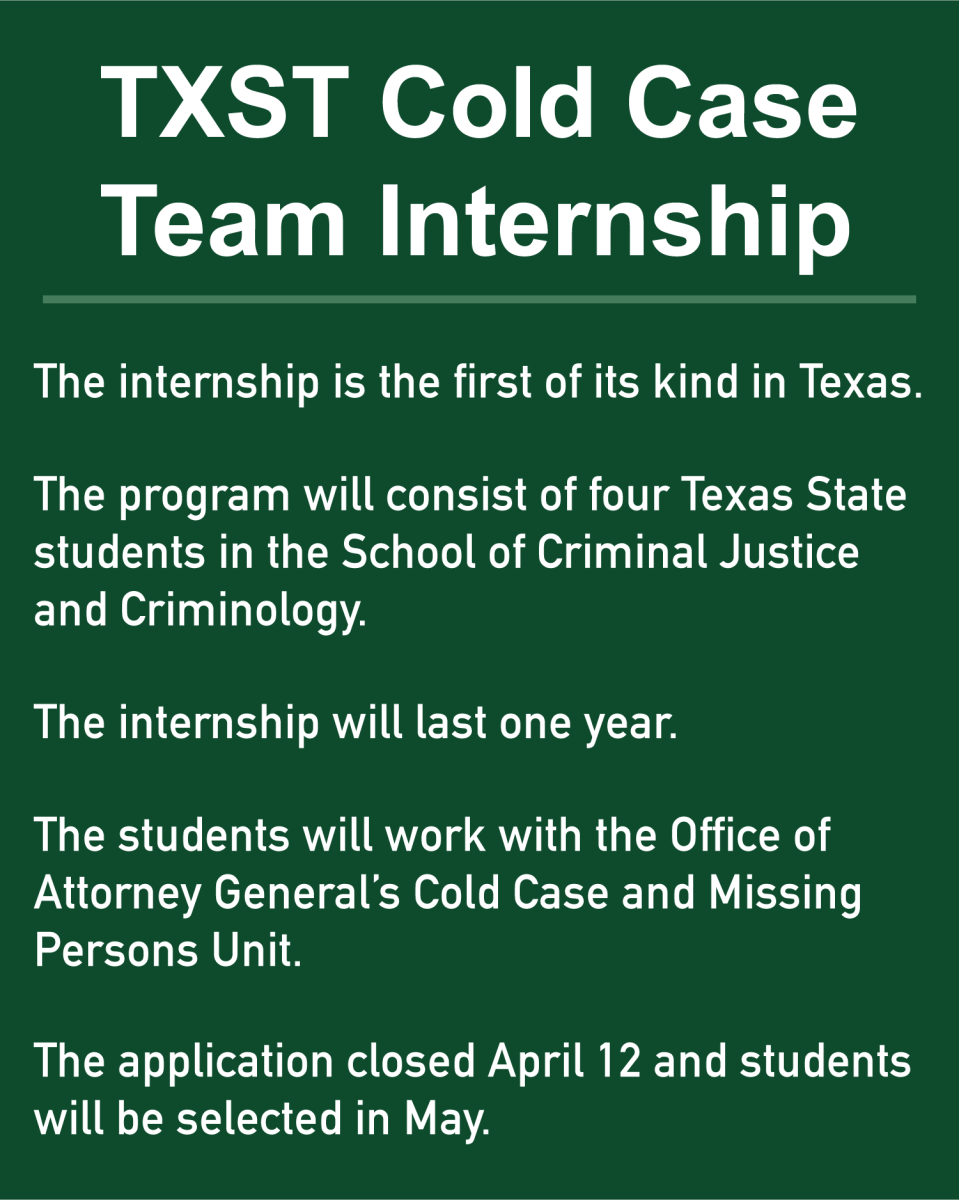
April 26, 2024

April 26, 2024
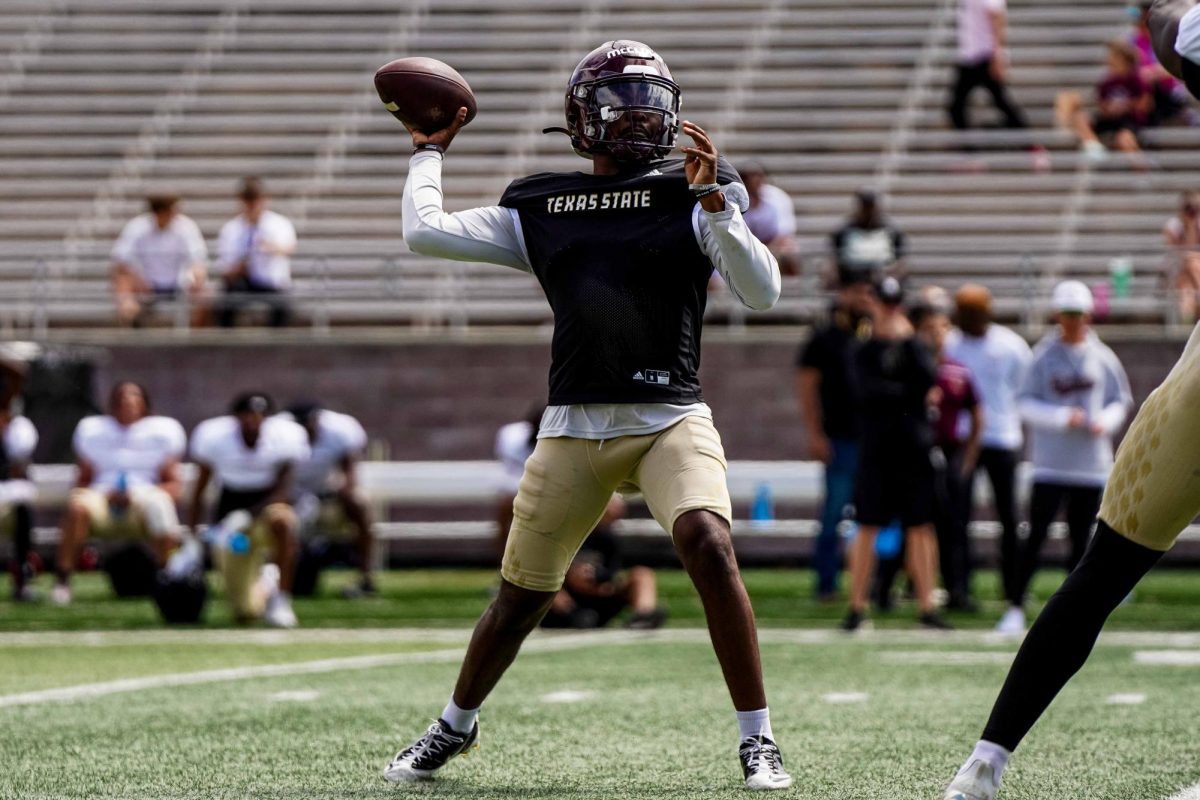
April 25, 2024

April 25, 2024

April 25, 2024

April 25, 2024
Student nurses prepare for a changing field in the midst of the coronavirus
April 23, 2020
Donate to The University Star
Your donation will support the student journalists of Texas State University. Your contribution will allow us to purchase equipment and cover our annual website hosting costs.
More to Discover
SECTIONS
SERVICES
CONTACT INFORMATION
universitystar.com
601 University Drive
San Marcos, TX 78666
Phone: 512-245-3487
Email: [email protected]
601 University Drive
San Marcos, TX 78666
Phone: 512-245-3487
Email: [email protected]
© Copyright 2024 The University Star 601 University Drive, San Marcos, TX | Privacy Policy
© Copyright 2024 The University Star 601 University Drive, San Marcos, TX | Privacy Policy

